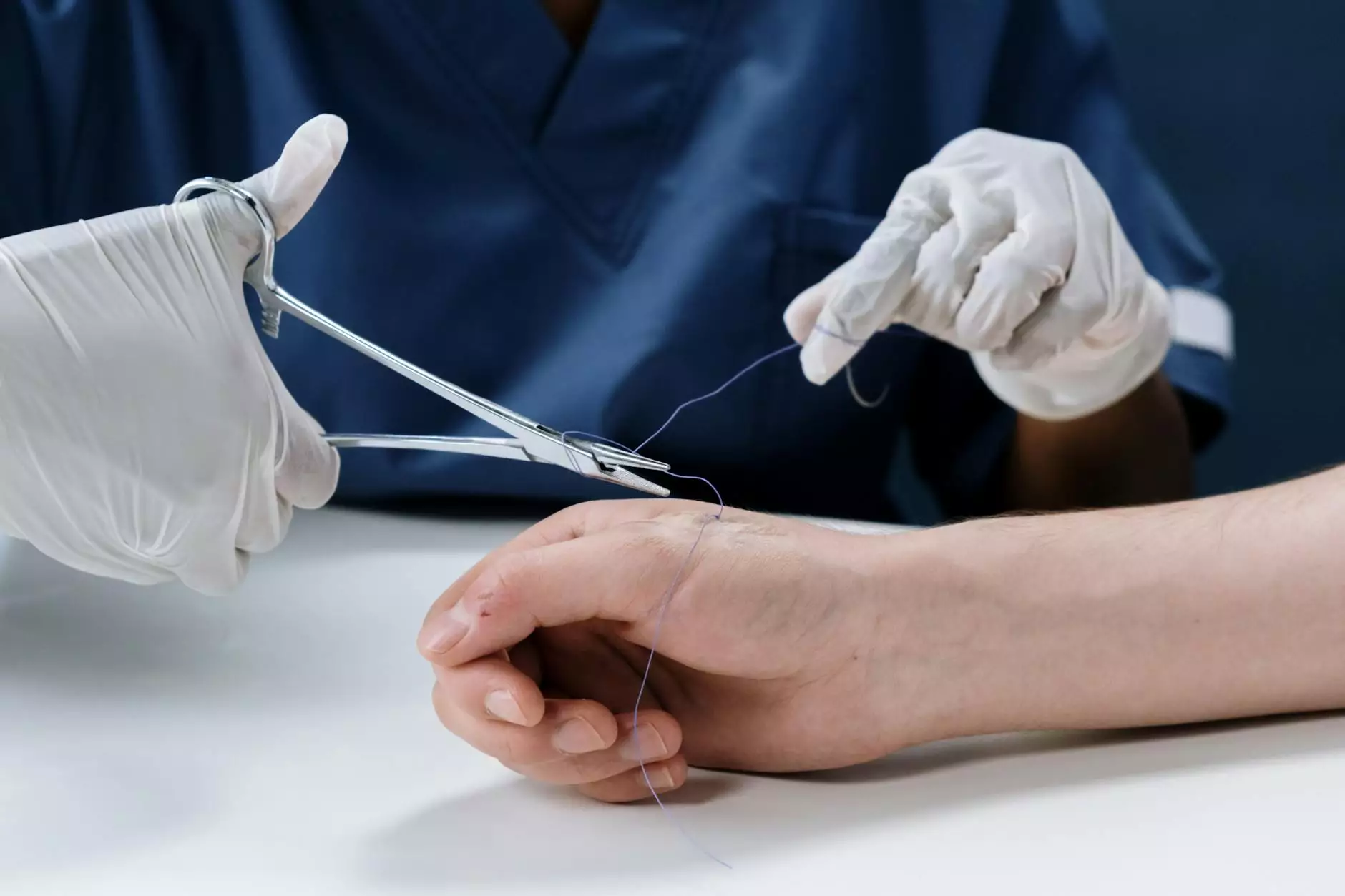Essential Insights into Obstetrics Surgical Instruments

In the ever-evolving field of health and medicine, obstetrics surgical instruments play a crucial role in ensuring safe and effective childbirth. As a leading provider in the medical supplies industry, particularly in the realm of obstetrics, New Medical Instruments is dedicated to offering high-quality instruments tailored for both healthcare professionals and institutions. This comprehensive guide will delve into the world of obstetrics surgical instruments, highlighting their significance, types, and advancements in the field.
Understanding Obstetrics Surgical Instruments
Obstetrics surgical instruments are specialized tools designed for use in obstetric surgeries and procedures. They are essential for various tasks, including:
- Monitoring fetal health
- Assisting in delivery
- Performing surgical interventions when necessary
Their design and functionality are critical as they must accommodate the unique challenges presented during childbirth. From forceps to scalpels, each instrument embodies meticulous engineering to ensure both precision and safety.
The Importance of Quality in Obstetric Instruments
When it comes to childbirth, the stakes couldn't be higher. Quality obstetrics surgical instruments can mean the difference between a smooth delivery and life-threatening complications. Therefore, selecting instruments from a trusted supplier like New Medical Instruments ensures:
- Durability: Instruments made from high-quality materials are less likely to break or malfunction during crucial moments.
- Precision: Well-designed instruments allow for finer control and accuracy, decreasing procedure time.
- Safety: Quality instruments reduce the risk of complications, providing peace of mind to both healthcare providers and patients.
Key Types of Obstetrics Surgical Instruments
There are several categories of obstetrics surgical instruments, each serving specific purposes. Below, we explore the most common types:
1. Delivery Instruments
These instruments are utilized during the actual delivery process. Essential tools in this category include:
- Forceps: Used to grasp the fetus's head during delivery, forceps assist in guiding the baby through the birth canal.
- Vacuum Extractors: These instruments use suction to help deliver the baby, particularly when there are complications.
2. Surgical Instruments
In instances where caesarean sections or other surgical interventions are necessary, these instruments are pivotal:
- Surgical Scissors: Designed for incisions, surgical scissors must be sharp and precise.
- Scalpels: Used for making incisions in the skin and other tissues during surgery, scalpels are a fundamental component of surgical instruments.
3. Monitoring Instruments
Monitoring the health of both the mother and fetus is crucial. Commonly used monitoring instruments include:
- Fetal Dopplers: These devices allow healthcare providers to assess fetal heart rates during pregnancy.
- CTGs (Cardiotocography): These monitors track the fetal heartbeat and contractions in real-time during labor.
Advancements in Obstetric Instruments
The field of obstetrics has witnessed significant advancements in surgical instrument technology. These innovations not only enhance the efficacy of medical procedures but also improve patient outcomes. Some advancements include:
Minimally Invasive Technologies
Modern obstetric procedures often utilize minimally invasive techniques. Innovations like laparoscopic surgery tools allow surgeons to perform necessary interventions with smaller incisions, leading to less trauma and quicker recovery times.
Smart Instruments
With the advent of smart technology, many obstetrics surgical instruments now come equipped with sensors that provide valuable feedback during procedures. These enhancements ensure accuracy and safety, contributing to better overall health outcomes for mothers and babies alike.
Choosing the Right Supplier for Your Obstetrics Surgical Instruments
When it comes to procuring obstetrics surgical instruments, partnering with the right supplier is essential. Here are some tips on what to consider when selecting a supplier:
1. Industry Reputation
Research the supplier's reputation within the healthcare community. Established suppliers like New Medical Instruments have built trust through reliability and superior product quality.
2. Product Range
A comprehensive range of products indicates a supplier's ability to meet various medical needs, from routine deliveries to complex surgical procedures. A diverse inventory is a crucial element of reliable service.
3. Customer Service
Excellent customer service ensures that you receive the support needed for your purchases, including advice on the best instruments for your requirements.
4. Compliance With Standards
Ensure that the supplier adheres to international safety and quality standards. Instruments must be licensed and certified to guarantee they meet stringent healthcare regulations.
Conclusion
The world of obstetrics surgical instruments is complex, yet overwhelmingly vital for the health and safety of mothers and infants. Understanding the types of instruments, their uses, and how advancements transform the field can empower healthcare professionals to deliver the best care possible. By choosing quality instruments from reputable suppliers like New Medical Instruments, we can ensure that every delivery is as safe and smooth as possible. The commitment to excellence in obstetric care starts with the right tools, reinforcing the belief that in healthcare, good quality instruments can save lives.









